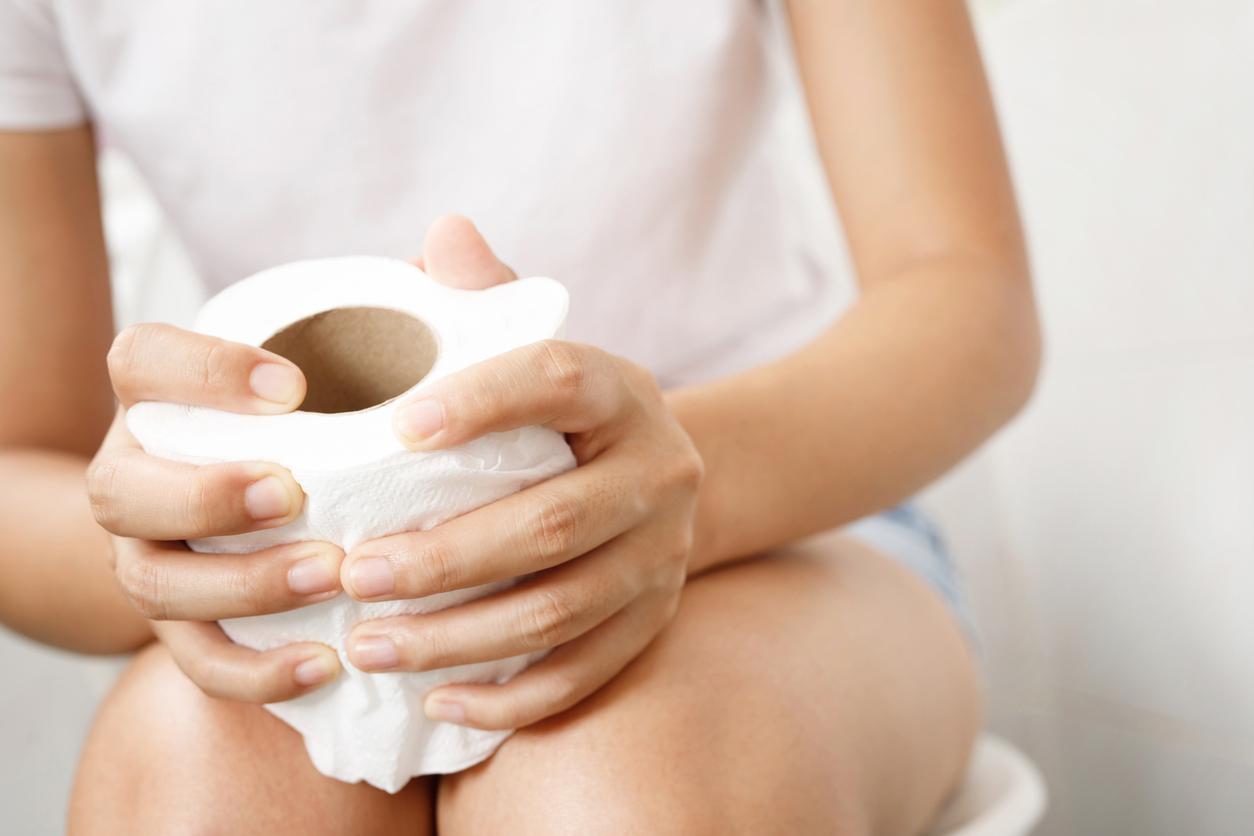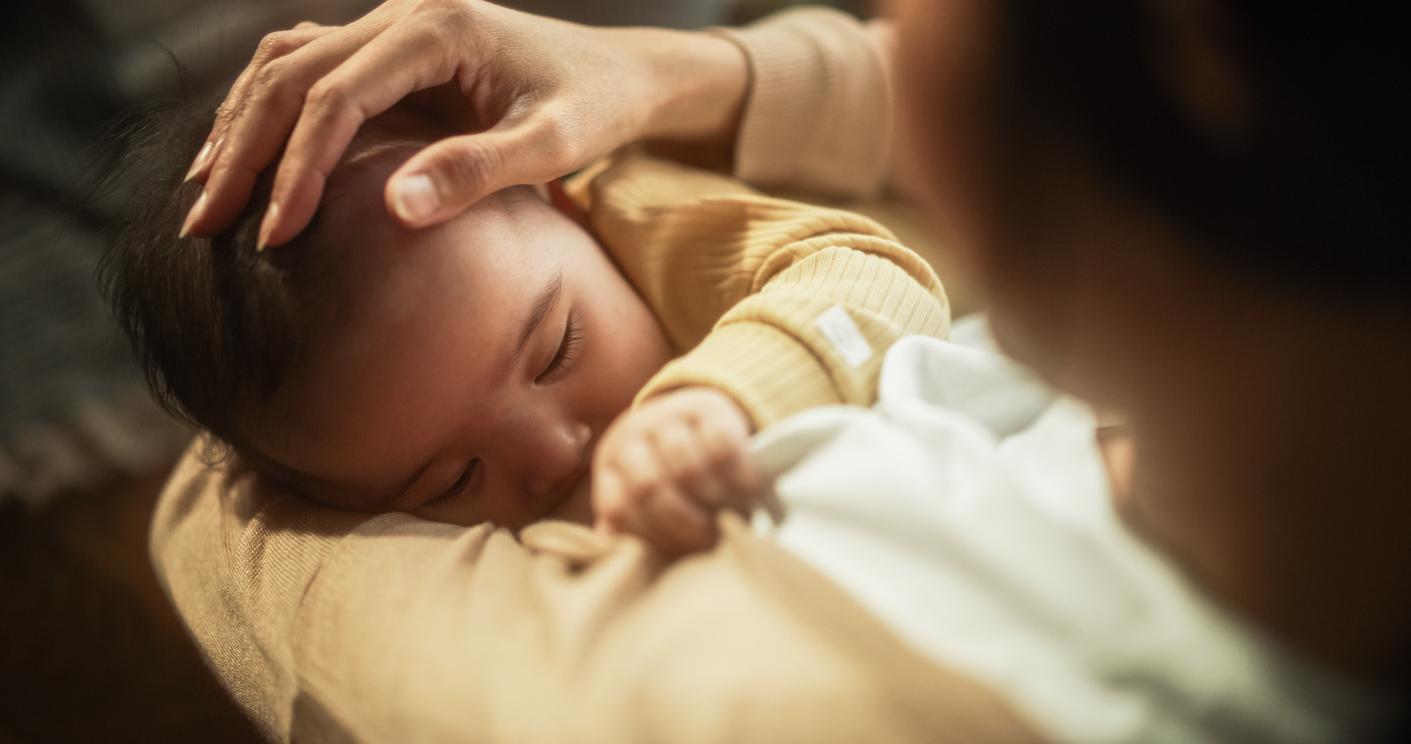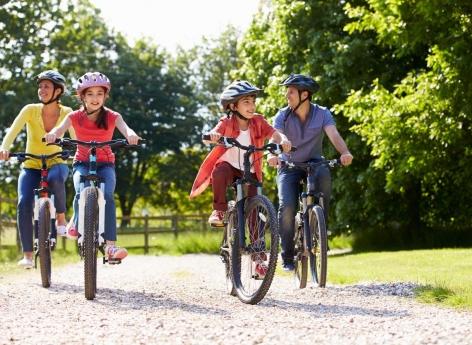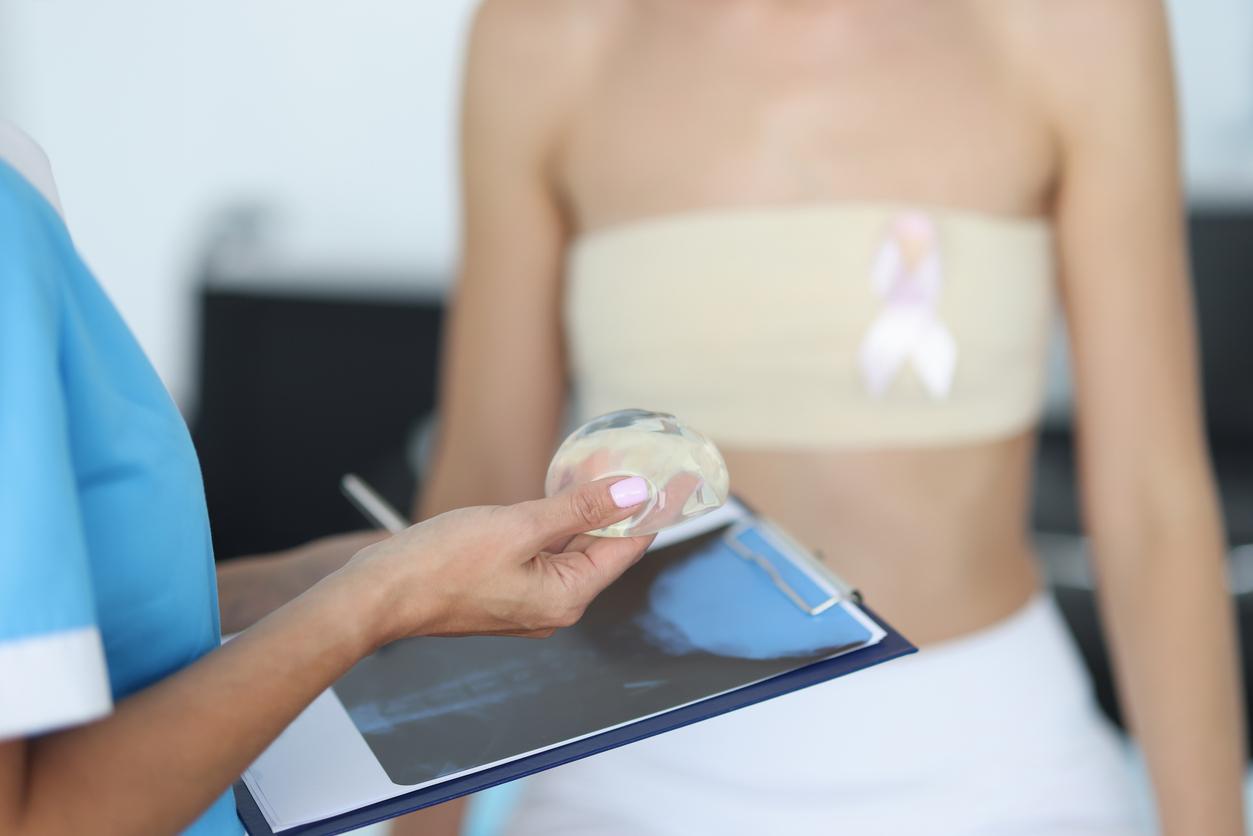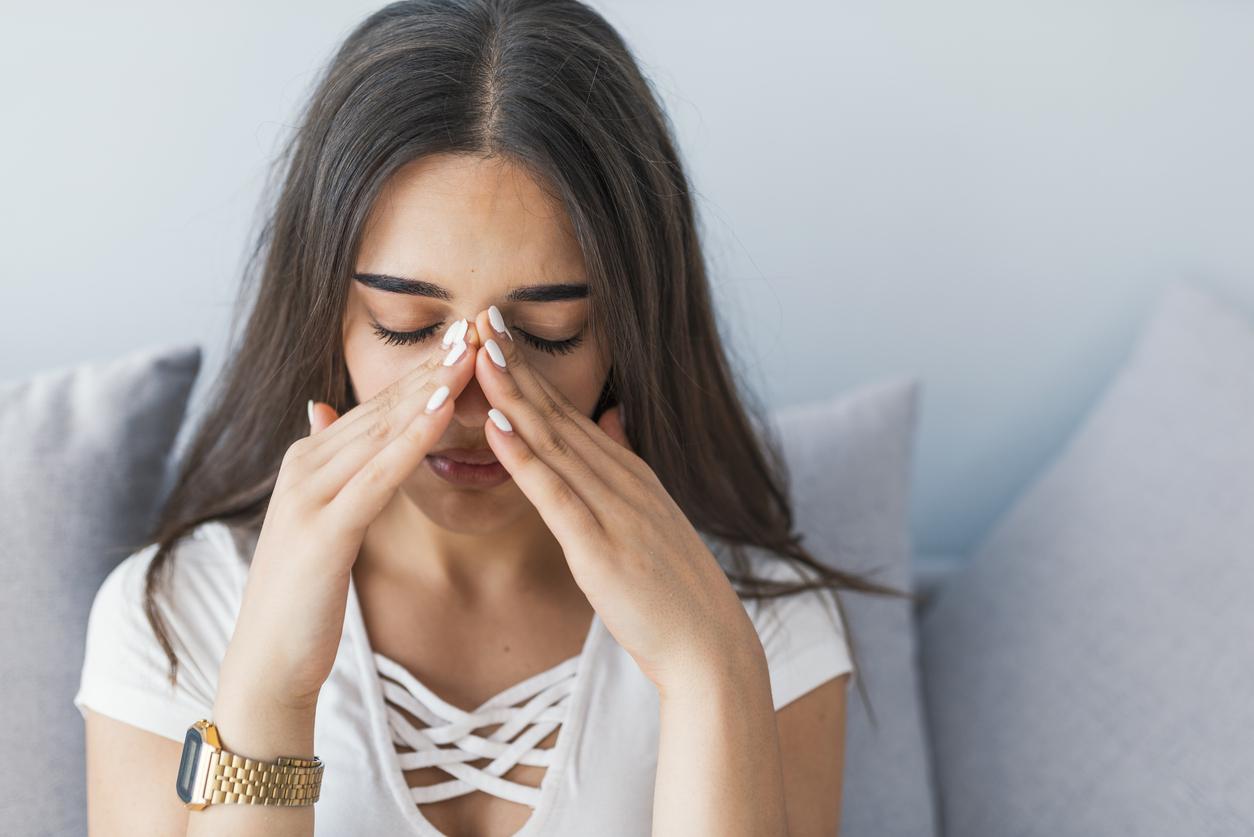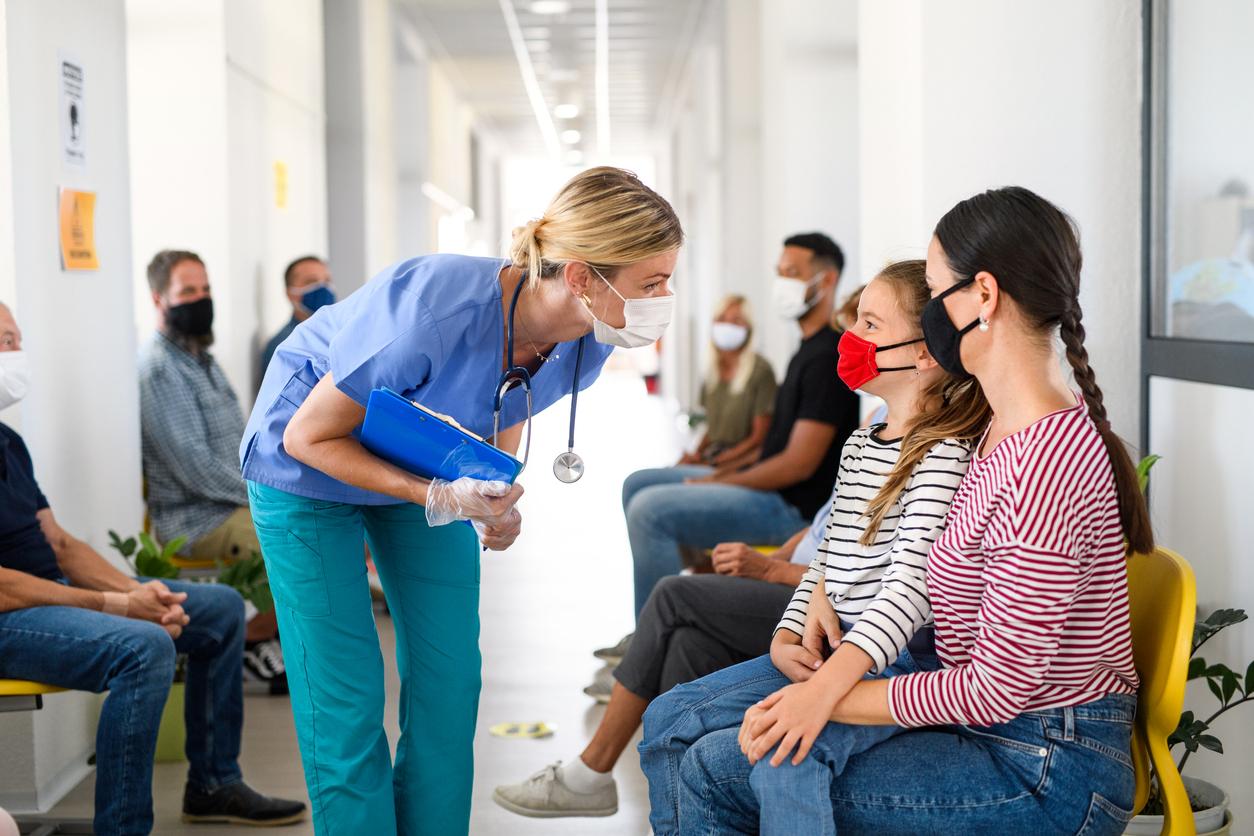What are you trying to demonstrate with this book?
This book is the prescription that I rarely dared to prescribe in consultation, a prescription without medication, but rich in advice. Patients always ended up saying to me “but doctor, what are you giving me after all …?” “. The strength of not prescribing anything is often undermined by our very French culture of the king drug. However, studies and observations prove it in abundance, we have incredible resources, we are even our best doctor. I tried to show where these resources were to limit his drug consumption at the strict minimum, in situations where one could not do otherwise, in favor of another way of taking care of oneself. Also effective, often less expensive, and without side effects.
What is the role of the patient and of medicine in the cure?
The patient, his lifestyle, his psychology, is 50% of the cure. Everyone has essential expertise on what makes them feel good when they are sick. It is therefore important to listen to yourself and to trust it. Everyone can also act in their daily life to reduce the risk of disease. Unfortunately, we do not give enough importance to this healthy lifestyle. Many of them often come there late, when the damage is done.
Concretely, how can we take better care of ourselves?
There are three basic elements: physical exercise, diet, sleep. And there is evidence: 30 minutes of activity per day (walking, bike, swimming …), it is 40% less mortality from cardiovascular diseases, cancers or others. So moving is like brushing your teeth, an obligation when you want to stay healthy as long as possible. Maintaining the correct weight through a balanced diet is just as essential. 30% less calories means 20% more healthy life. And the last pillar of health is to sleep well and therefore cultivate sleep hygiene. This means getting up at the same time every day, including weekends or at retirement, going to bed in a dark room without a light source (laptop, TV on standby, etc.). Not only does light pollution disrupt sleep by acting on brain neurotransmitters, but studies in rodents have shown that it promotes depression.
What do you suggest to manage your weight?
I suggest using natural appetite suppressants, for example, two squares of dark chocolate at 100% (not 70% or 95%, but 100%) each time we have a compulsion. A Dutch study has shown that dark chocolate has a physiological (and not psychological!) Action on the appetite hormone, grhelin: 30 g of chocolate causes this hormone to collapse. This product is only found in artisan chocolate makers, it is so intense that it is not necessarily to everyone’s taste, but it should be considered as a natural remedy. We must also think of egg white, champion of appetite suppressants with only 44 calories per 100 g and zero cholesterol. It is also necessary to reduce the salt which stimulates the appetite. It decreases in passing hypertension and protects the arteries. In two weeks you get used to eating less salt.
Does your advice also help you heal faster?
Yes of course. Some tips can also make life much more comfortable. I received an abundant letter simply on the benefits felt by the good posture in the toilet that I recommend. I indicate that you have to sit on the toilet bowl, put a small stool in front of you and raise your legs: this puts in a natural position of expulsion, the stools are evacuated much faster and more easily. A study has shown that it is possible to avoid taking laxatives, the consumption of which is disproportionate in France. And as this limits the constipation, it also relieves people who suffer from hemorrhoids.
Do you provide a wealth of specific advice, which do you think pays off?
Those already mentioned seem very useful to me. Some are known but yet rarely applied: the simple fact of wash one’s hands before eating or leaving the toilet reduces respiratory and digestive infections by 20%, closing the lid before flushing avoids the aerosol effect, which propels germs into the lungs. Bleaching your refrigerator twice a month helps prevent Listeria bacteria from growing in food. Others are little known as this advice reserved for those who have dry eyes and who complain of fatigue because they misinterpret their symptoms. You can put a compress passed with hot water on the eyes by testing the temperature beforehand so as not to burn yourself and then gently massage the eyelids. This helps unclog the meibomian glands that make the protective fatty tear film. To be practiced once or twice a day, as long as the discomfort lasts. Sometimes, this simple gesture avoids buying artificial tears in pharmacies.
But taking care of your health every day, isn’t that tedious?
Convincing yourself that you have something to do with your health and healing is very rewarding. I repeat, we have to trust each other. We underestimate our capabilities. Our health and our well-being sometimes depend only on a few movements that heal, a few gestures that protect, a few foods that we choose to favor or to abandon. We are our own medicine, but we don’t know it. We have our own medicines deep within us to cure us, but we do not use them. It’s time to take action!
The best medicine, it’s you. Dr Frédéric Saldmann, Albin Michel edition, € 18.90







